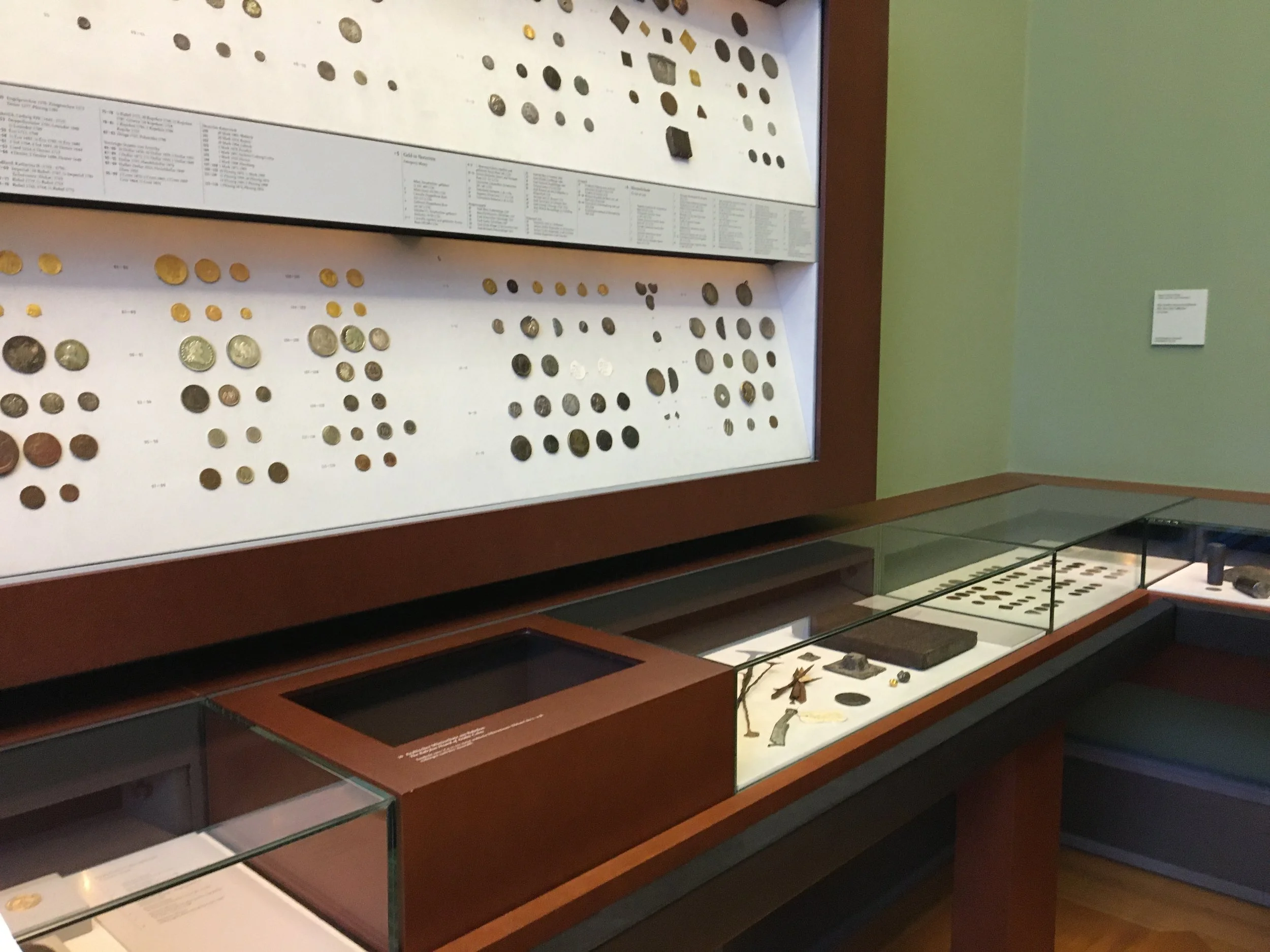Coins have long been important materials for examining values and exchange networks in the past. Housed today in museum collections around the world, Islamic coins are no exception. But Islamic coins are more than simply material traces of the past, they also hold important contemporary meanings that have been overlooked and undervalued by academics. In this peer-reviewed article, Sara Ann Knutson shares how she has begun to explore the possibilities for, and ethical commitment to, community involvement in the meanings and values that are constructed around museum-based materials. She discuss some results from her cultural heritage survey of people culturally connected to the Middle East and North Africa (MENA) region, and how stakeholder voices revealed the understated importance of museum-housed assemblages for cultural heritage and community values, including those that span across national borders, languages, and religious beliefs. This work envisions transformative approaches to collections and museum practice in which communities are recognized for their values regarding materials from the Islamic World’s vibrant past, rather than remaining the “recipients” of museum narratives and academic research.
- November 2024
- September 2024
- August 2024
- July 2024
- May 2024
- January 2024
- December 2023
- November 2023
- June 2023
- May 2023
- September 2022
- August 2022
- May 2022
- April 2022
- October 2021
- June 2021
- May 2021
- March 2021
- February 2021
- December 2020
- September 2020
- August 2020
- July 2020
- June 2020
- January 2020
- December 2019
- October 2019
- September 2019
- August 2019
- July 2019

